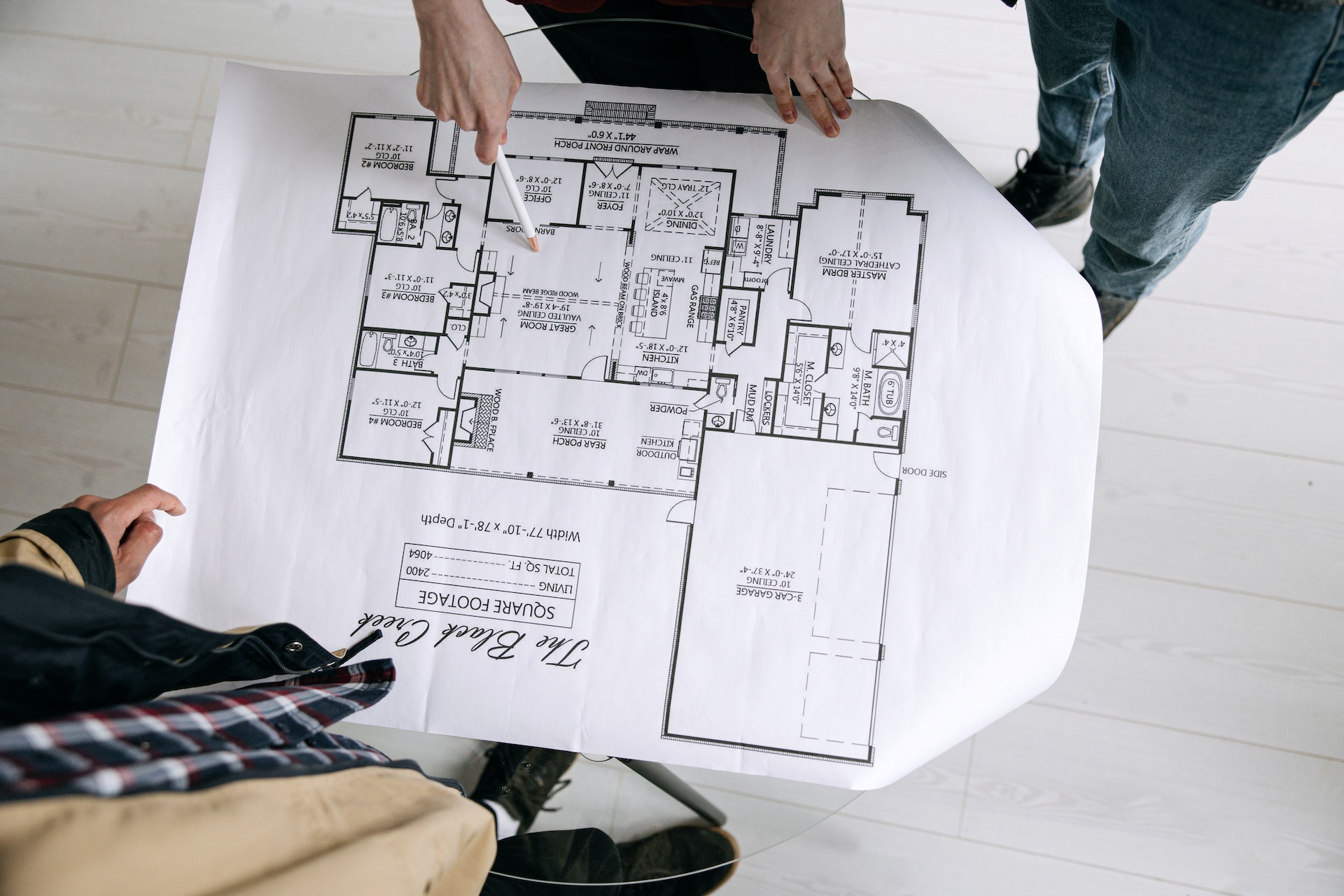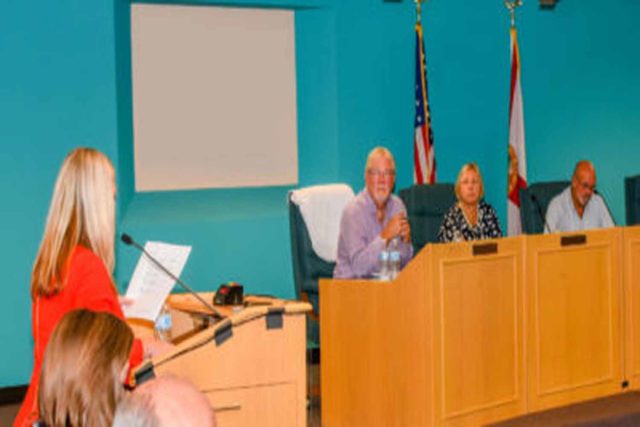How does Florida regulate and authorize licenses?
Under the Florida Statutes, a “license” to regulate professions and occupations means any permit, registration, certificate, or license issued by the Department of Business and Professional Regulation (the “DBPR”). An occupational license is a privilege accorded by the state or its subdivisions to conduct a business at a particular location and is not a property right protected by substantive due process; the denial of such license does not prevent the business owner from pursuing a lawful occupation but merely stops the business from operating at a particular location. Ammons v. Okeechobee County, 710 So. 2d 641 (Fla. 4th DCA 1998).
On July 1, 2021, the Florida Legislature passed Section 163.211 into law, which prevents any county, municipality, or other political subdivision of Florida from implementing additional licensing requirements for most occupations. Therefore, a prospective applicant only needs to satisfy state statutory requirements.
Need help receiving, renewing, or defending your license? Schedule your consultation today with a top administrative law and licensing attorney.
How does the licensing process work in Florida?
A prospective licensee must apply through the DBPR, which, through the Board of Pilot Commissioners (the “Board”), must review the application and have the discretion to reject or accept applications for new licenses and license renewals as long as the discretionary review is reasonable. See KJS v. Department of Children and Family Services, 974 So. 2d 1106 (Fla. 1st DCA 2007). On the other hand, licensees seeking renewal must file for renewal before their license expires, or they will not be allowed to engage in their occupation until the DBPR grants a separate, new license. See Legal Environmental Assistance Foundation, Inc. v. Board of County Com’rs of Brevard County, Fla., 61 F.3d 25 (11th Cir. 1995).
When the DBPR receives a license application, the agency has 90 days to examine the application, timely notify the applicant of any errors or omissions, request additional information, and, ultimately, issue a notice of intent to either grant or deny the license. The DBPR may not deny renewal without a full, open, and fair hearing for license renewals. See Wilson v. Pest Control Commission of Fla., 199 So. 2d 777 (Fla. 4th DCA 1967).
What are specific laws related to architecture & interior design licenses in Florida?
Chapter 481 of Florida Statutes regulates the architecture and interior design professions. This chapter defines architecture as “the rendering or offering to render services in connection with the design and construction of a structure or group of structures which have as their principal purpose human habitation or use, and the utilization of space within and surrounding such structures.” Interior design, on the other hand, is the “designs, consultations, studies, drawings, specifications, and administration of design construction contracts relating to nonstructural interior elements of a building or structure.”
The Florida Legislature created the Board of Architecture and Interior Design, which oversees the administration of statutes and regulations pertaining to architecture and interior design.
What are the application and retention requirements for an architecture license?
Application Requirements:
- Education: An applicant must graduate from a school or college of architecture with a program accredited by the National Architectural Accreditation Board.
- Training: Applicants for initial licensure must complete the Architectural Experience Program administered through the National Council of Architectural Registration Board.
- Professional Examination: Applicants must pass the examination prepared and administered by the National Council of Architectural Registration Board.
- Cost of Licensure: $35
- Reciprocity or Endorsement: Reciprocity or Endorsement: An applicant may seek licensure by endorsement if the applicant 1) qualifies to take the prescribed licensure examination, including passage of the prescribed licensure examination or a substantially equivalent examination in another jurisdiction, and has satisfied the statutory internship requirements for architects; or (2) holds a valid license to practice architecture issued by another jurisdiction of the United States, if the criteria for issuance of such license were substantially equivalent to the licensure criteria that existed in Florida at the time the license was issued; or (3) has passed the prescribed licensure examination and holds a valid certificate issued by the National Council of Architectural Registration Boards, and holds a valid license to practice architecture issued by another state or jurisdiction of the United States.
Retention Requirements:
- Renewal Period: Two years
- Cost of Renewal: $100
- Continuing Education Requirement: 24 hours
To determine whether you meet the requirements for an architecture license, please contact our office to set up your initial consultation.
What are the application and retention requirements for an interior designer license?
Application Requirements:
- Education: An applicant must graduate from a program that the Council accredits for Interior Design Accreditation.
- Training: N/A
- Professional Examination: Applicants must pass the examination prepared and administered by the Council for Interior Design Qualification.
- Cost of Licensure: $30
- Reciprocity or Endorsement: An applicant may seek licensure by endorsement if the applicant (1) qualifies to take the prescribed licensure examination, including passage of the prescribed licensure examination or a substantially equivalent examination in another jurisdiction; or (2) holds a valid license to practice interior design issued by another jurisdiction of the United States, if the criteria for issuance of such license were substantially equivalent to the licensure criteria that existed in Florida at the time the license was issued.
Retention Requirements:
- Renewal Period: Two years
- Cost of Renewal: $75
- Continuing Education Requirement: 20 hours
To determine whether you meet the requirements for an interior designer license, please contact our office to set up your initial consultation.
What types of conduct are grounds for disciplinary action against an architecture licensee?
Some of the grounds for disciplinary action against a licensee are listed in Section 481.225, Florida Statutes, including the following:
- Being convicted or found guilty of, or entering a plea of nolo contendere to, regardless of adjudication, a crime in any jurisdiction directly related to the practice of architecture or the ability to practice architecture.
- Making or filing a report or record that the licensee knows to be false, willfully failing to file a report or record required by state or federal law, willfully impeding or obstructing such filing, or inducing another person to impede or obstruct such filing. Such reports or records include only those prepared by a registered architect.
- Advertising goods or services in a manner that is fraudulent, false, deceptive, or misleading in form or content.
- Practicing on a revoked, suspended, inactive, or delinquent license.
- Aiding, assisting, procuring, or advising any unlicensed person to practice architecture.
- Failing to perform any statutory or legal obligation placed upon a registered architect.
What types of conduct are grounds for disciplinary action against an interior designer licensee?
Some of the grounds for disciplinary action against a licensee are listed in Section 481.2251, Florida Statutes:
- Being convicted or found guilty of a crime in any jurisdiction which directly relates to the provision of interior design services or to the ability to provide interior design services;
- Making or filing a report that the registrant knows to be false, intentionally or negligently failing to file a report or record required by state or federal law, or willfully impeding or obstructing such filing or inducing another person to do so. Such reports or records shall include only those which are signed in the capacity of a registered interior designer;
- Making deceptive, untrue, or fraudulent representations in the provision of interior design services;
- Accepting and performing professional responsibilities which the registrant knows or has reason to know that they are not competent to perform;
- Rendering or offering to render architectural services
- Committing an act of fraud or deceit, or of negligence, incompetency, or misconduct, in the practice of interior design.
Can the DBPR’s license decision be appealed?
Yes, an adverse license decision made by the DBPR is appealable. The authority for appealing such decisions comes from the Florida Administrative Procedure Act (APA), Chapter 120 of the Florida Statutes. Specifically, the right to appeal derives from Florida Statutes §120.569 and §120.57. The APA establishes the framework for challenging agency actions, such as licensing decisions, through administrative hearings and judicial review.
If an applicant or licensee receives an adverse decision from the DBPR, they may request an administrative hearing to challenge it. The request for a hearing must be submitted within the timeframe specified in the agency’s notice, which is generally 15 days from the date of the notice, as provided in Section 120.569(2)(a), Florida Statutes.
The administrative hearing process commences with submitting a petition for a hearing to the agency. The petition must comply with the requirements outlined in Rule 28-106.201, Florida Administrative Code. If the petitioner qualifies for an administrative hearing, the case is referred to the Division of Administrative Hearings (DOAH) and assigned to an administrative law judge (ALJ).
The ALJ conducts the hearing, like a trial, with both parties presenting evidence and testimony. After the hearing, the ALJ issues a recommended order, which includes findings of fact, conclusions of law, and a recommendation for a final decision. The DBPR then reviews the recommended order and issues a final order, either adopting, modifying, or rejecting the ALJ’s recommendations.
Suppose the petitioner is unsatisfied with the DBPR’s final order. In that case, they can seek judicial review by filing a notice of appeal with the appropriate District Court of Appeal, as provided in Section 120.68, Florida Statutes. The court reviews the case to determine if the agency’s decision follows from competent, substantial evidence and complies with the law.
Have more questions about a professional licensing-related situation?
Crucially, this overview of architecture and interior design licenses does not begin to cover all the laws implicated by this issue or the factors that may compel the application of such laws. Every case is unique, and the laws can produce different outcomes depending on the individual circumstances.
Jimerson Birr attorneys guide our clients to help make informed decisions while ensuring their rights are respected and protected. Our lawyers are highly trained and experienced in the nuances of the law, so they can accurately interpret statutes and case law and holistically prepare individuals or companies for their legal endeavors. Through this intense personal investment and advocacy, our lawyers will help resolve the issue’s complicated legal problems efficiently and effectively.
Having a Jimerson Birr attorney on your side means securing a team of seasoned, multi-dimensional, cross-functional legal professionals. Whether it is a transaction, an operational issue, a regulatory challenge, or a contested legal predicament that may require court intervention, we remain a tireless advocate every step of the way. Being a value-added law firm means putting the client at the forefront of everything we do. We use our experience to help our clients navigate even the most complex problems and come out the other side triumphant.
If you want to understand your case, the merits of your claim or defense, potential monetary awards, or the amount of exposure you face, you should speak with a qualified Jimerson Birr lawyer. Our experienced team of attorneys is here to help. Call Jimerson Birr at (904) 389-0050 or use the contact form to set up a consultation.


We live by our 7 Superior Service Commitments
- Conferring Client-Defined Value
- Efficient and Cost-Effective
- Accessibility
- Delivering an Experience While Delivering Results
- Meaningful and Enduring Partnership
- Exceptional Communication Based Upon Listening
- Accountability to Goals











